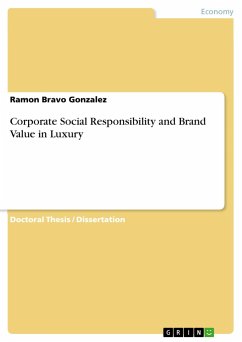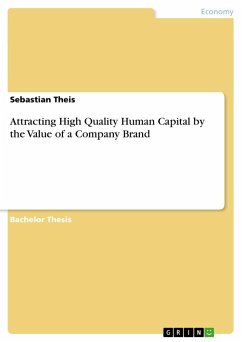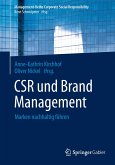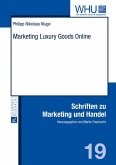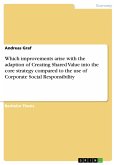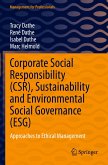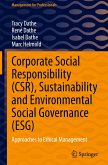Doctoral Thesis / Dissertation from the year 2017 in the subject Business economics - Business Management, Corporate Governance, grade: NA, University of Glasgow (Adam Smith Business School), language: English, abstract: Within luxury, an area that is becoming increasingly important due to the visibility of this industry is Corporate Social Responsibility (CSR). While consumers are still not actively demanding CSR in luxury products and services, and there is evidence that CSR is not a key area of interest for the luxury industry; the luxury industry is becoming the target of non-governmental organizations (NGOs) and other stakeholders interested in environmental and ethical practices. Thus, it is essential that luxury companies explore CSR implementation, as neglecting to do so, is likely to affect their brands and their brand value.Due to the increasing relevance of CSR within luxury, this research explores the role of CSR within luxury and how it, together with other factors, contributes to brand value in luxury. An additional consideration is that despite the importance of brand value in luxury, the industry does not normally measure, manage and leverage brand value. As a result, it is also necessary to examine how brand value is perceived within luxury.To meet these research goals, a mixed methods approach was selected. More specifically, a theoretical framework was built with input from the literature and interviews with key interviewees from the luxury industry. Then, the theoretical framework was tested quantitatively. The quantitative analysis was conducted with a dataset based on consumer panels, and additional secondary data including Bloomberg, CSRHub, Dow Jones Sustainability Index (DJSI), Interbrand, and company reports. The results were subject to 'credibility checks' with interviewees from the industry. It is noteworthy to highlight that for the statistical analysis, one of the largest datasets with US consumer data was used. Similarly, for the qualitative interviews, representatives from some of the largest luxury companies in the world in terms of brand value, and luxury stakeholders were recruited.

